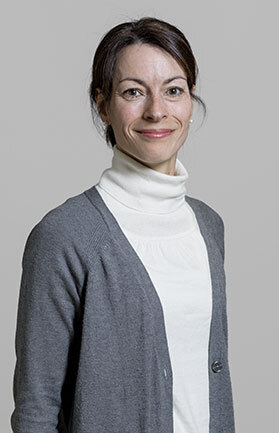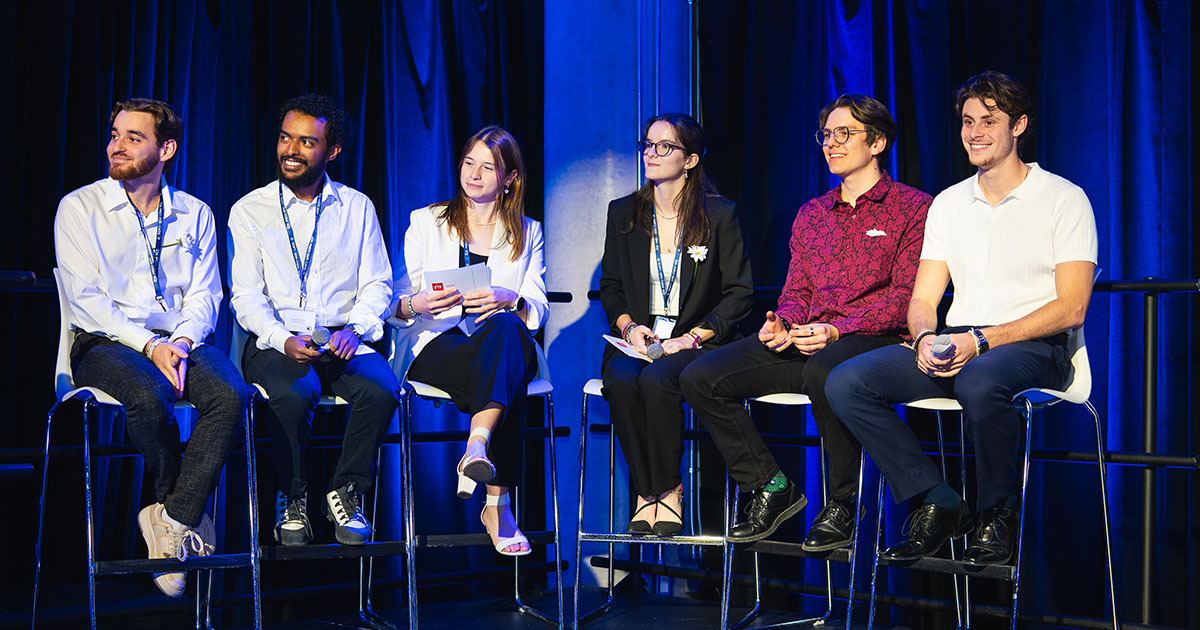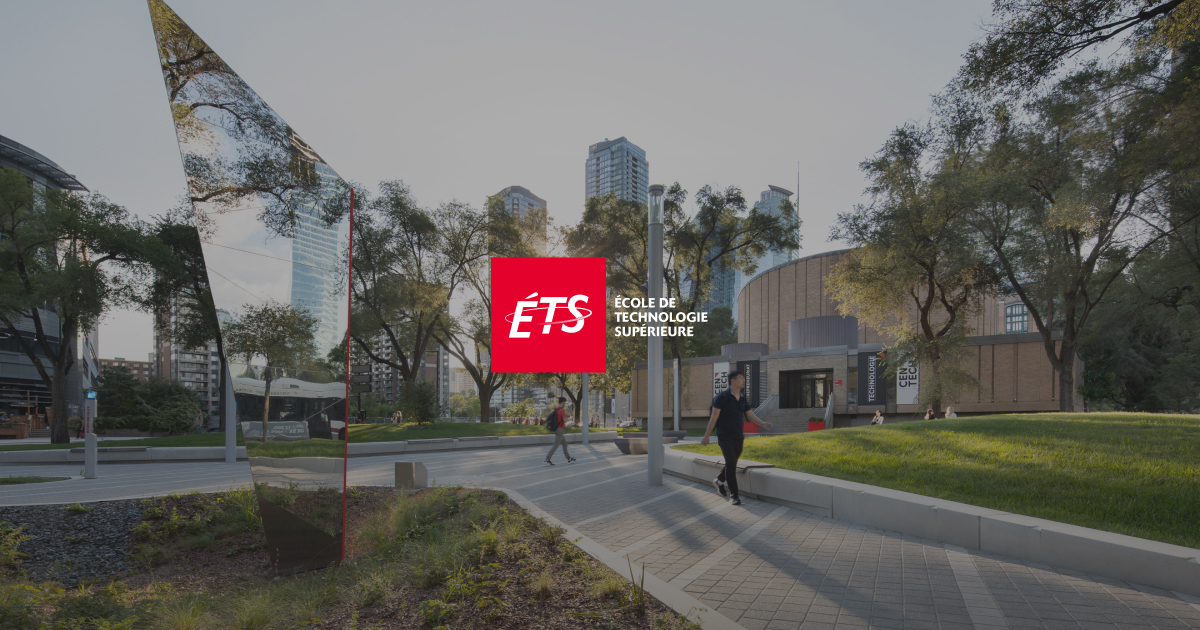Seeking Balance in the Face of a Changing Climate



Extreme hydrological events are among the most significant potential impacts of climate change. The research of Annie Poulin, academic/researcher in the Construction Engineering Department, examines the impact of climate change on water resources. She heads HC3, the Hydrology, Climate and Climate Change Laboratory at ÉTS, which is specialized in studying the water cycle and the impact of global changes on the hydrology of watersheds in natural and urban environments.
Professor Poulin’s research aims to generate flow projections, producing information that will be useful for identifying measures to be taken to adapt to climate change. “Our hydrological models use output from climate models covering the years 1950 to 2100,” she says. “They allow us to assess floods, for example, based on conditions in the recent past, the present and the future. Our research is aimed at developing and improving our tools to ensure that the science and our results can get back to the user and the decision makers, so that they can ensure public welfare, safety and environmental protection.”

While some may think that studying the impact of climate change must be depressing, Professor Poulin is not one of them. “Without wanting to stick my head in the sand, I think that we need to accept the fact that the climate is changing and that this has certain impacts, while we continue to change our ways in order to reduce our environmental footprint, of course,” she says. Quoting Alain Bourque, CEO of the Ouranos Consortium, she believes that we need to realize that even if Québec considerably reduces its GHG emissions, the next few years will not see things return to the way they were before. “We need to find a balance between economic development and imbalances in our ecosystems, and not over-exploit our resources,” she adds. “Unfortunately, we can’t go back to the pre-industrial era, but we must cut emissions. I am confident about our prospects. We are witnessing a culture of changing habits. I can see it in my children.”
Professor Poulin has been “swimming” in the field of hydrology ever since she began her bachelor’s degree in Geological Engineering at Université Laval. Her career path has been marked by many happy encounters (one might say almost like Amélie Poulain, in the French movie). She interned at INRS during the first few summers of her undergraduate program and ended up staying there until she obtained her Ph.D. She arrived at ÉTS just as the institution was awarded major funding for a project on the impact of climate change on water resources.

“If I could give one piece of advice to young researchers, I’d say be open to the opportunities that come your way,” she says. “I try to instill this capacity for openness in my students – and in my children!” And she herself practises this openness. In particular, she co-initiated a project, in collaboration with the Ouranos consortium, the water expertise branch of the Ministère de l’Environnement et de la Lutte contre les changements climatiques and the Regroupement des organismes de bassins versants du Québec. The project is being carried out in Mexico, a context that is markedly different from Québec. Its purpose is to develop tools for impact studies and for decision making on adaptations in a variety of conditions.
Professor Poulin’s team spirit and desire to live life to the fullest are not something new. As a student she competed at a high level in snowboarding at Mont Sainte-Anne. “We were the best team in Québec, and one of the best in Canada!” she exclaims. Anne Poulin cultivates balance. Everywhere.

